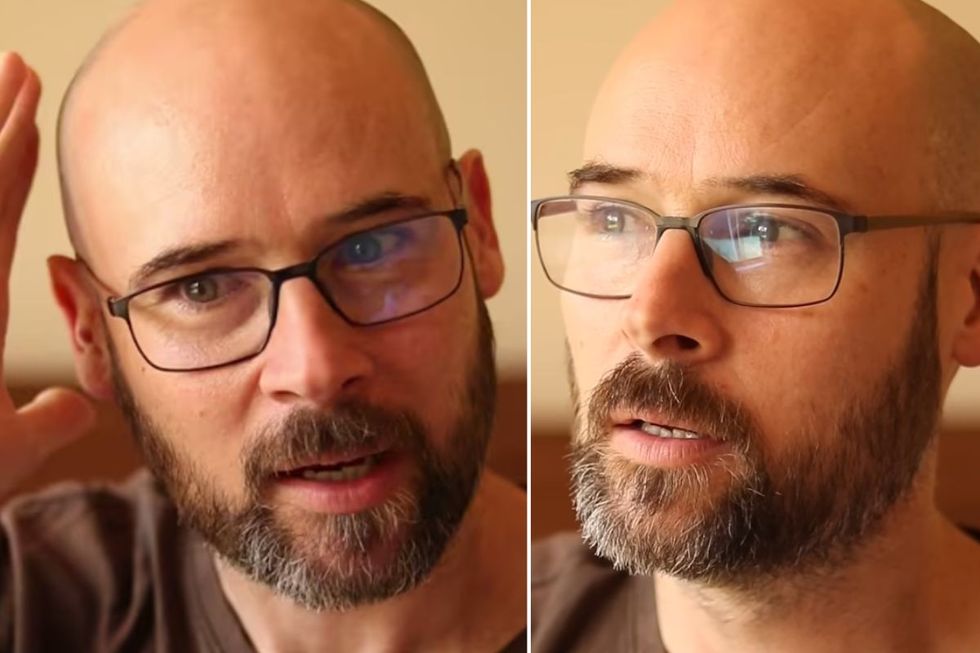Man, 41, who put dementia symptoms down to stress reveals sign that happens 'most evenings'

The YouTuber claims his cognitive problems persisted even after lifestyle improvements
Don't Miss
Most Read
A 41-year-old Australian content creator has shared candid insights about living with early-onset dementia, documenting his journey through social media videos.
Fraser, who was diagnosed with the devastating condition at an unusually young age, has compiled 21 observations about his experience with the disease.
Dementia typically affects older individuals, but in rare cases strikes much younger people.
The progressive brain disorder encompasses various conditions, with Alzheimer's disease being the most prevalent.

Fraser has spoken at length about how the condition impacts younger adults
|YOUTUBE / YOUNGERONSETDEMENTIA
Fraser's openness about his diagnosis offers a rare glimpse into how the condition impacts younger adults, challenging common perceptions about who dementia affects.
Fraser initially attributed his symptoms to stress, particularly during a period before relocating from suburban to rural Australia.
"I sort of put everything down to being stressed initially, and then I moved from suburbia down to the countryside. Lifestyle and everything got a lot better," he explained in a YouTube video.
However, the memory problems persisted despite his reduced stress levels. "After a while, I noticed that my stress and anxiety had gone, the issues that I was experiencing with my memory were still present," Fraser said.
A particularly alarming incident involved believing his daughter had gone missing for several hours, only for her to remind him she'd been at the cinema - something she had told him about multiple times.
Fraser recently shared an emotional video detailing 21 observations about living with dementia. His insights range from the contradictory nature of certainty about the diagnosis to practical daily challenges.
He noted that stress reduction has a more significant impact than expected, while sleep patterns become disrupted with daytime sleeping and night-time waking.
Communication difficulties emerge, with Fraser observing that "most evenings you will have difficulty speaking".
The disease affects far more than memory alone, altering his identity and creating challenges with following through on commitments. Despite these difficulties, Fraser found he could learn new things more easily than anticipated.
LATEST DEVELOPMENTS

Dementia strikes younger people in rare cases
| GETTYFraser's list includes unexpected revelations about his relationship with faith and mortality.
"You will not turn to God or spend your days thinking about the meaning of life," he wrote, adding that he doesn't think about death or feel scared.
Fraser emphasised spending more time with loved ones and going on holidays as priorities.
Most significantly, his final insight stressed that "everybody's experience of dementia is different," underscoring that his journey represents just one perspective on navigating this challenging diagnosis at a young age.











